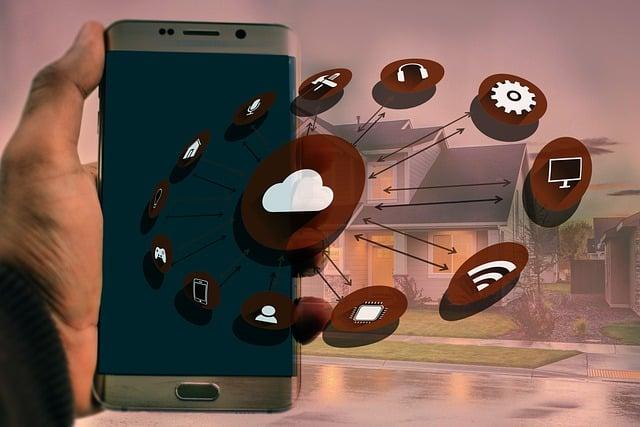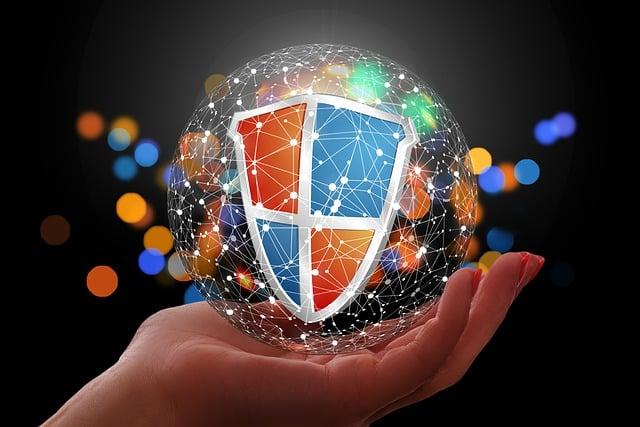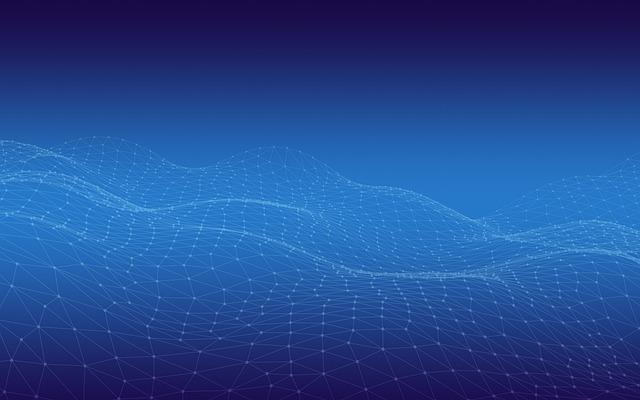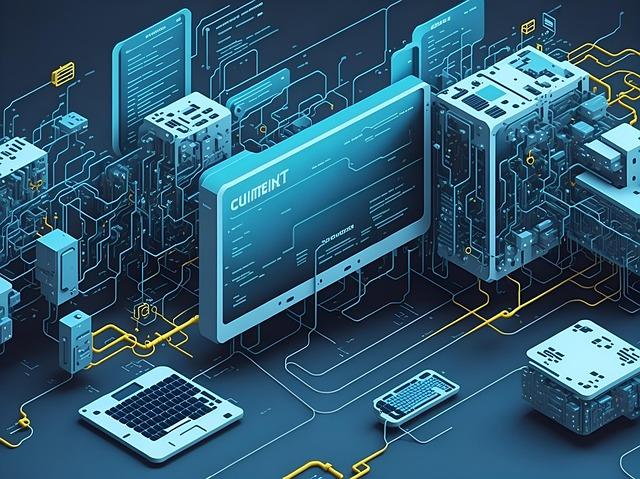Index
- Introduction
- Benefits of IoT
- Challenges of IoT
- Implications of IoT on Privacy
- IoT Innovations
- Future of IoT
- Conclusion
Introduction
The Internet of Things (IoT) has revolutionized the way we live in today's interconnected world. IoT refers to the network of devices, vehicles, appliances, and other objects embedded with sensors, software, and connectivity that enables them to collect and exchange data. This article explores the impact of IoT on everyday life, including both its benefits and challenges, the implications of IoT on privacy, exciting innovations driven by IoT, and the potential future developments in this field.
Benefits of IoT

(Image: Pixabay/@geralt)
One of the primary benefits of IoT is the convenience it brings to our daily routines. Smart home devices, such as thermostats, lights, and security cameras, can be controlled remotely through smartphones, making it easier to manage household tasks. IoT also enhances efficiency in various industries, such as healthcare and manufacturing, by automating processes and reducing human error.
Furthermore, IoT contributes to sustainability efforts through energy conservation and waste reduction. For example, smart grids can optimize energy distribution based on real-time data, leading to reduced costs and a smaller carbon footprint. In agriculture, IoT sensors can monitor soil conditions and crop growth, enabling farmers to make informed decisions and improve yields.
Challenges of IoT

(Image: Pixabay/@TheDigitalArtist)
Despite its numerous advantages, IoT also poses significant challenges, particularly in terms of cybersecurity. With more devices connected to the internet, the risk of cyber attacks and data breaches increases. Protecting sensitive information and ensuring the security of IoT networks are ongoing challenges that require continuous innovation and vigilance.
Additionally, issues related to interoperability and standardization present obstacles to the seamless integration of IoT devices. Different manufacturers use varying protocols and technologies, making it difficult for devices to communicate effectively with each other. Resolving these compatibility issues is crucial for maximizing the potential of IoT solutions.
Implications of IoT on Privacy

(Image: Pixabay/@geralt)
The widespread adoption of IoT raises concerns about privacy and data protection. As more devices collect and transmit personal information, individuals are at risk of unauthorized surveillance and privacy invasion. Ensuring proper data encryption, user consent mechanisms, and transparent data policies are essential to safeguarding consumer privacy in the IoT ecosystem.
Regulatory frameworks and industry standards play a vital role in mitigating privacy risks associated with IoT. Governments and organizations need to establish clear guidelines and accountability mechanisms to protect user data and prevent misuse of information gathered through IoT devices.
IoT Innovations

(Image: Pixabay/@TheDigitalArtist)
IoT continues to drive innovation across various sectors, leading to the development of smart wearables, intelligent transportation systems, and connected healthcare devices. Wearable technologies, such as fitness trackers and smartwatches, help individuals monitor their health and fitness goals in real time.
In the healthcare industry, IoT devices enable remote patient monitoring, personalized treatment plans, and enhanced communication between healthcare providers and patients. The use of IoT in transportation systems facilitates traffic management, vehicle tracking, and predictive maintenance, improving safety and efficiency on the roads.
Future of IoT

(Image: Pixabay/@TheDigitalArtist)
The future of IoT holds immense potential for further innovation and growth. Advancements in artificial intelligence, edge computing, and 5G connectivity will revolutionize the capabilities of IoT devices and networks. The expansion of IoT into new domains, such as smart cities, industrial automation, and environmental monitoring, will reshape the way we interact with our surroundings.
As IoT becomes more integrated into everyday life, addressing ethical and societal implications will be crucial. Balancing technological progress with ethical considerations, data privacy, and sustainability concerns will shape the evolution of IoT in the coming years.
Conclusion
In conclusion, the Internet of Things has a profound impact on our everyday lives, offering tremendous benefits in terms of convenience, efficiency, and sustainability. However, challenges related to cybersecurity, interoperability, and privacy must be addressed to ensure the responsible deployment of IoT technologies. Through continued innovation, regulation, and ethical awareness, we can harness the full potential of IoT while safeguarding individual privacy and security in an increasingly connected world.


